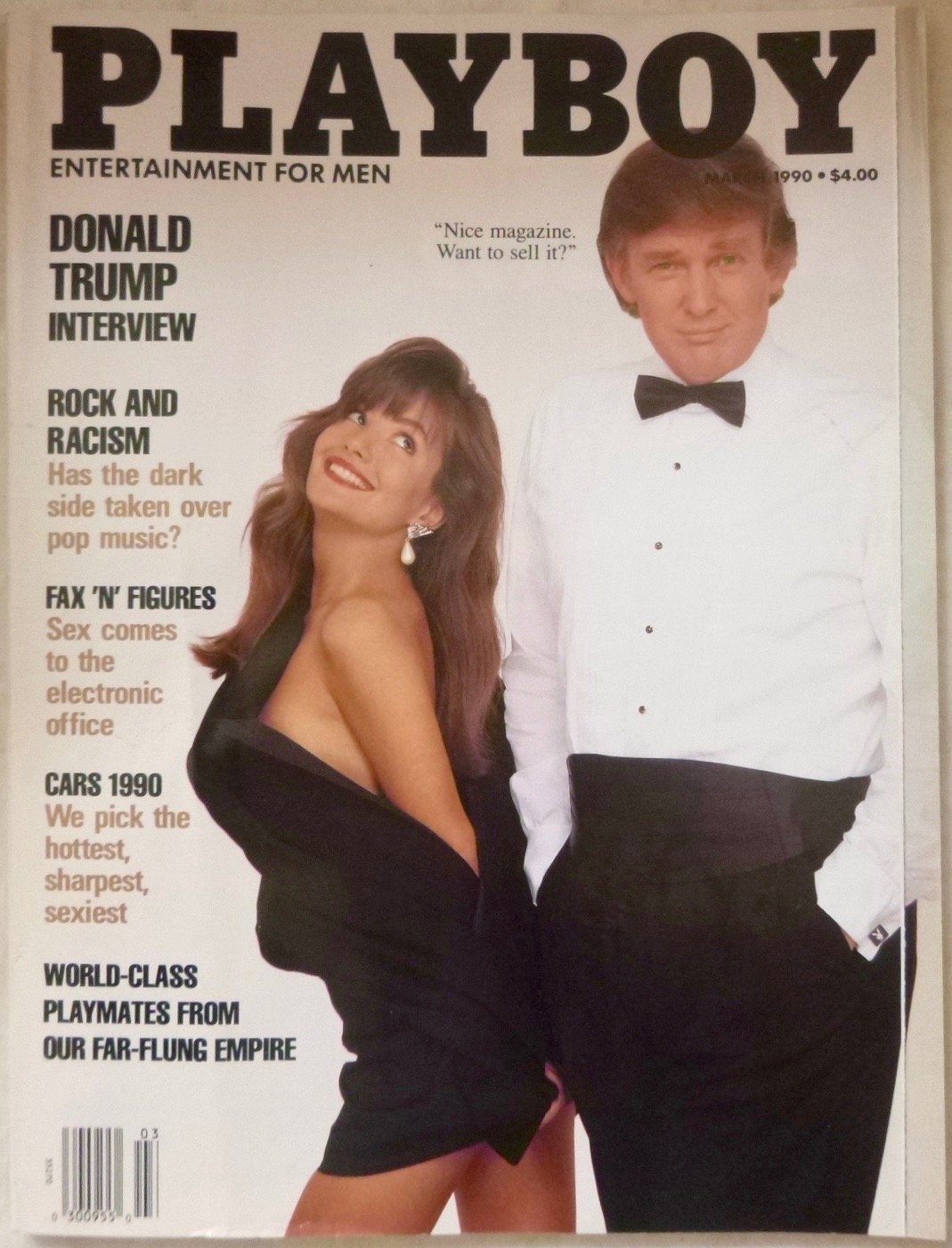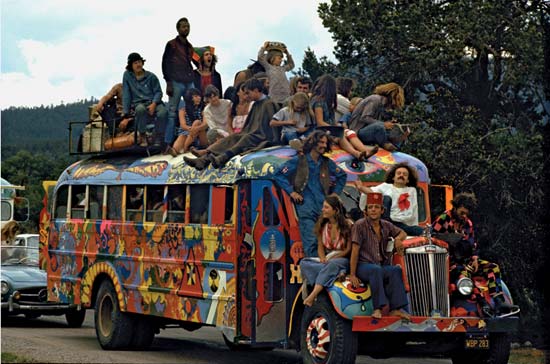National Identity (United States)
Andrea Candidato
the American revolution
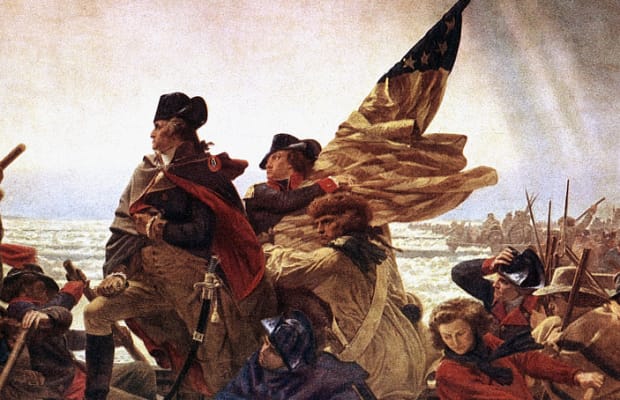
The revolutionary sentiment fashioned from the beginnings of the States has influenced my individualist spirit. I center my political and social beliefs around the tripartite ideology surrounding life, liberty, and pursuit of happiness. While some things done and said by our Founding Fathers and in the Constitution may be outdated, I believe that those three unalienable rights that commenced the founding of this nation are timeless and still apply to American society today.
the myth of thanksgiving
Freedom From Want is the third of the Four Freedoms series of oil paintings done by Norman Rockwell in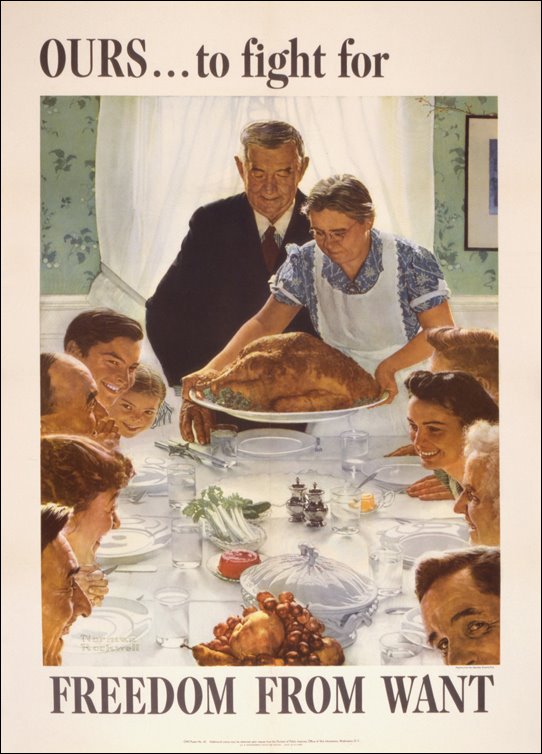 the midst of World War II. It has become an icon for the persistent American spirit in trying times and in the face of adversity. It connects to my personal identity with the importance of family and how despite any hardships that may come my way, my family and the different communities I identify myself within will always be there. However, along with the story of Thanksgiving, there is a myth that constantly reminds me of the bleak hidden history of the US and its relationship with Native Americans. To this day, I have the understanding that the land of the free is not inclusive to everyone even to this day.
the midst of World War II. It has become an icon for the persistent American spirit in trying times and in the face of adversity. It connects to my personal identity with the importance of family and how despite any hardships that may come my way, my family and the different communities I identify myself within will always be there. However, along with the story of Thanksgiving, there is a myth that constantly reminds me of the bleak hidden history of the US and its relationship with Native Americans. To this day, I have the understanding that the land of the free is not inclusive to everyone even to this day.
The civil war
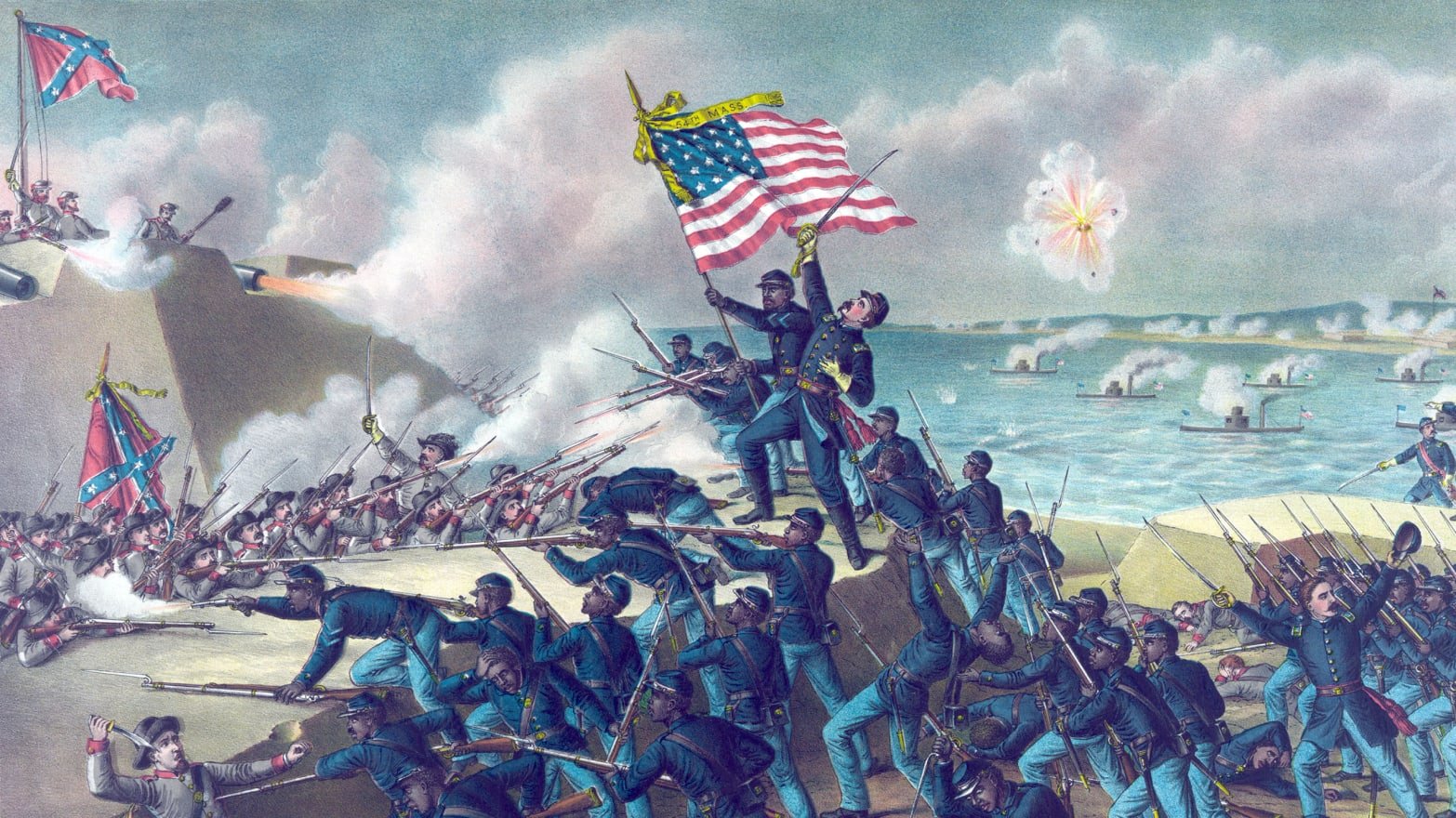
With the resurgence of pro-confederate sentiments, it is important for me to remember what this country fought for and how progress for everyone regardless of race is integral in this country. The bipartisan system set up during the founding of the States set the stage for an inherently divided country. However, today with partisan politics and increasing polarization dictating many topics and preventing progress, it is important sometimes to forget politics and unite. The outcome of the civil war was a reminder of what the United States stands for, regardless of political affiliation.
the gilded age and its muckrakers
The combination of the progressive ideals and entrepreneurship that arose during the progressive era defines my work ethic. As I strive to have the mentality of the successful robber barons of the era such as J.P. Morgan, Carnegie, and Ford I still try to take into consideration the progressive beliefs from that era that advocated for equity in the workplace and reform in favor of the betterment of the common man. As I take the lessons learned from this time in history into my own life, I try to put my foot forward in a way that forms not a gilded environment, but a golden one.
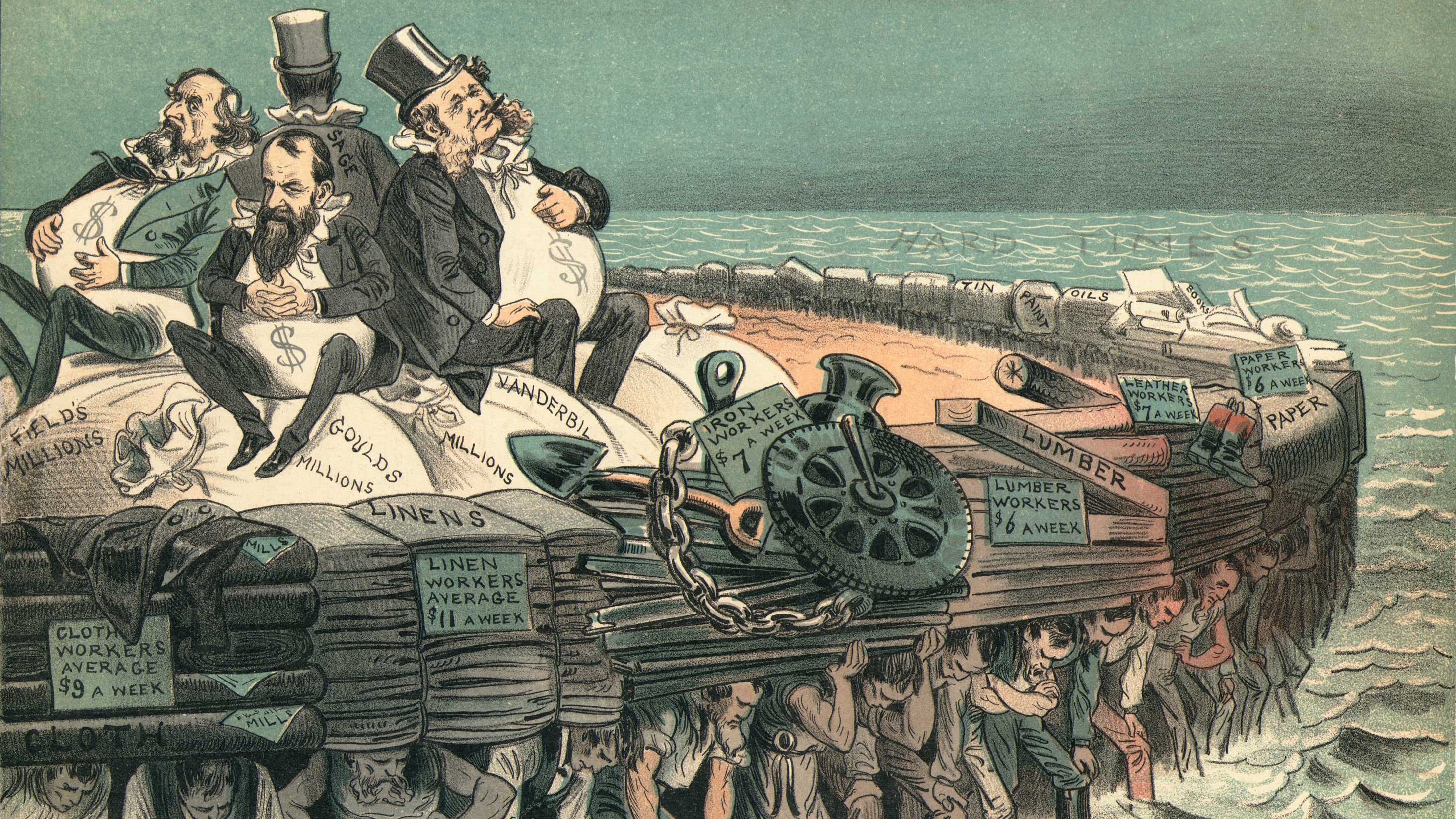
Ellis island
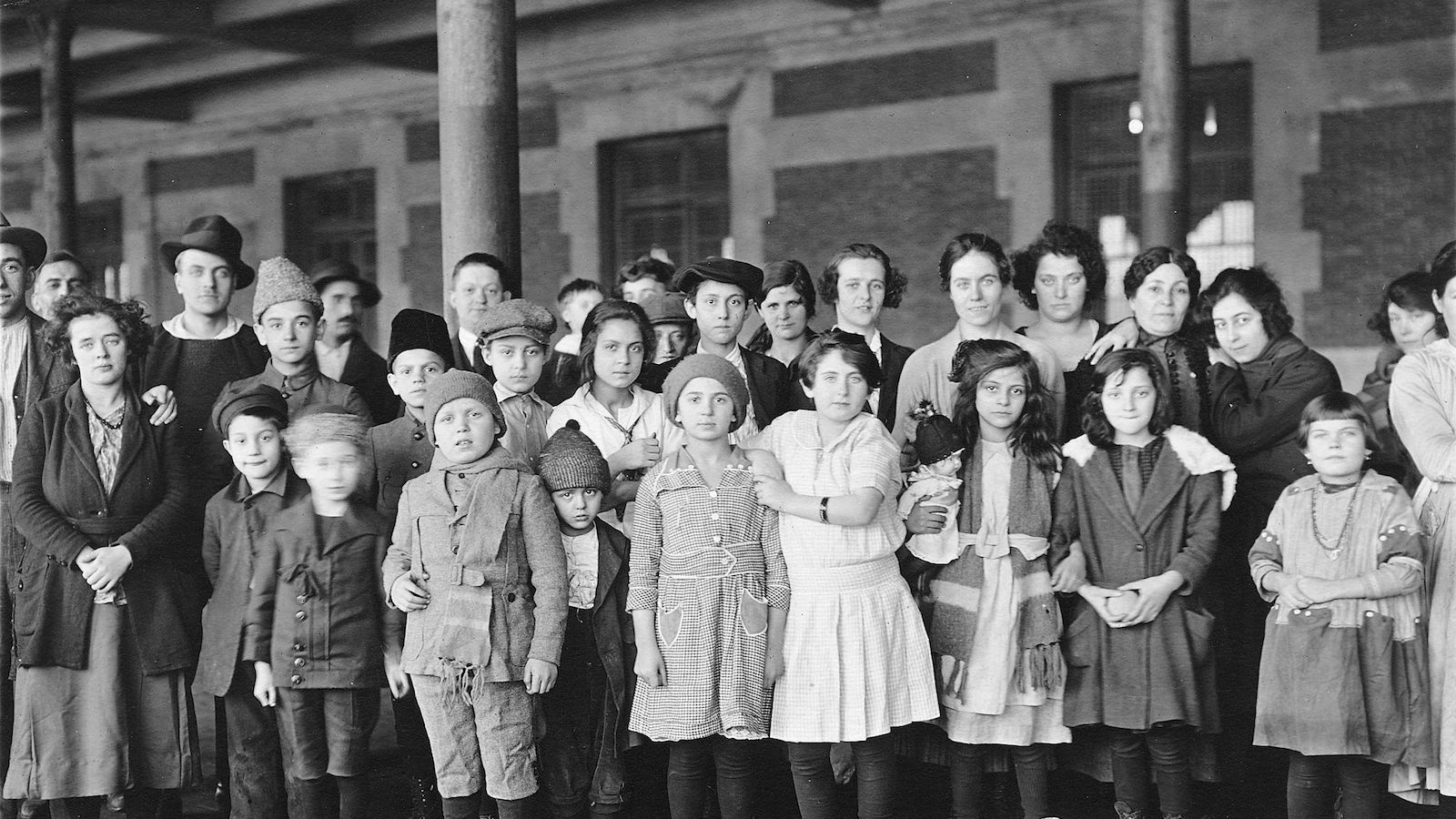
When I was three-years-old, my parents, my brother, and I immigrated to the States from the Philippines. As an immigrant, my place in the U.S. is under much political debate and it is important for me to remember how this country was built by immigrants. On Ellis Island, many immigrants fleeing their country because of various incidents of strife for a better future in America mirrors my parents’ aspirations for a better career and a better education for their kids. As many of those passing through Ellis Island had to change their name to adhere to “American” standards, assimilation into American culture is integral if anyone wants to experience prosperity in the land where the grass is greener.
the California gold rush
The Calif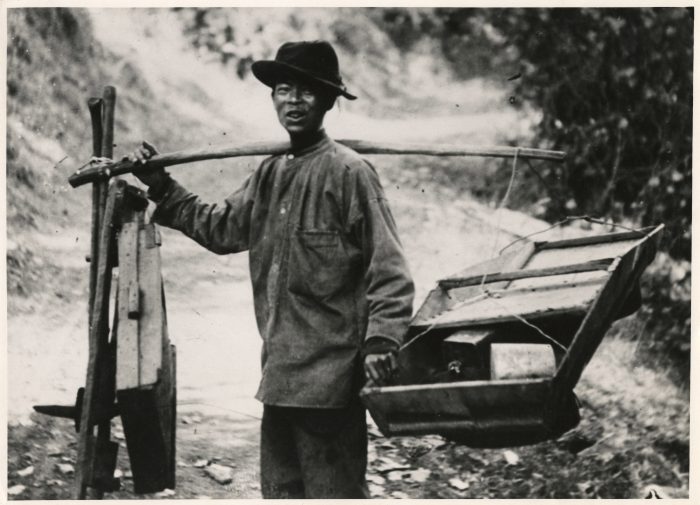 ornia Gold Rush was a time of excitement for expansionists and the mining industry. It also engendered an inundated migration of Asians into America as many of those working were coming from the Pacific. The picture and the California Gold Rush shows how heritage is just as important as nationality to me. Moreover, while hard work is the language of Americans, there was much anti-Chinese sentiment as they were accused of stealing jobs. This sort of rhetoric is still present today and I believe that America should recognize hard work and how people contribute to its overall economic prosperity regardless of heritage.
ornia Gold Rush was a time of excitement for expansionists and the mining industry. It also engendered an inundated migration of Asians into America as many of those working were coming from the Pacific. The picture and the California Gold Rush shows how heritage is just as important as nationality to me. Moreover, while hard work is the language of Americans, there was much anti-Chinese sentiment as they were accused of stealing jobs. This sort of rhetoric is still present today and I believe that America should recognize hard work and how people contribute to its overall economic prosperity regardless of heritage.
the roaring twenties
The Roaring 20s is one of my favorite eras in American history. A period of economic prosperity, cultural resurgence, and extensive social reform, this was a time of expedited progress. Much of the old America was being left behind and some recognize this time as an abandonment of previous morality. The eyes of Dr. TJ Eckelburg from The Great Gatsby represent how God is looking down on the gilded veneer of the 1920s. While there was much economic prosperity, there was also much philandering and carelessness that eventually led to the 1929 stock market crash as well as an overall cultural depression. Personally, the eyes of Eckelburg remind me that as I progress throughout my education and career, it is important that I make sure I do not abandon the ideals that humanize me, lest I crash or depress.
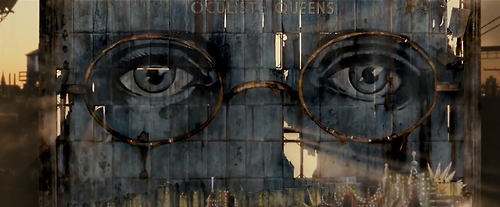
rosie the riveter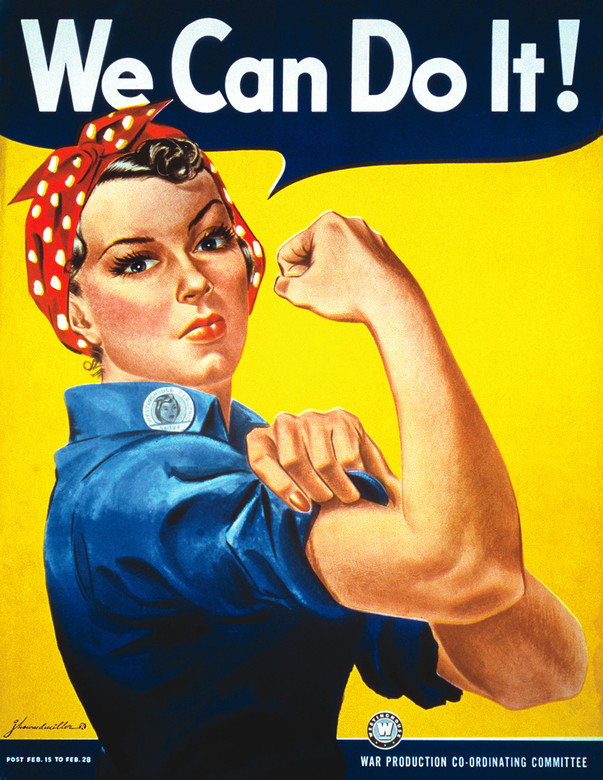
During WW2, women’s rights were advanced significantly. As the men were mobilized to the fight abroad, women were forced to take over the households and the important work in the homefront. Women were rushed into these typically masculine roles and the realization that certain tasks could be completed and certain roles assumed regardless of gender set a precedent for future women in the workplace. Since then, the workplace has evolved into an amalgam of identities and this diversity has proven to be beneficial for everyone. While there has undoubtedly been immense progress, there is still work to be done for gender equity in the workplace. And as I further myself in my career, it is important for me to remember the women before me who fought for my advancement.
the cold war
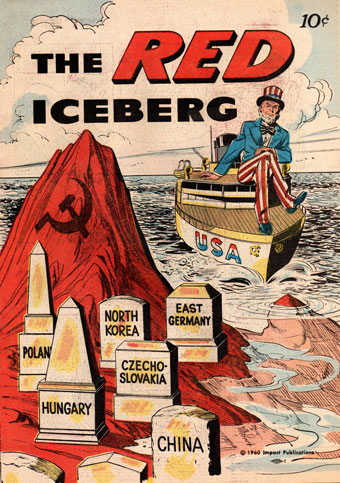
Capitalism and a relatively laissez-faire economy are some of the main things that set America apart from other countries. With the rise of socialist sentiments, and along with that a quasi-second wave of the Red Scare, politics is experiencing an unprecedented era of polarization. Older Americans remembering the days of the oppressive Soviet Union are fearful of any semblance of socialist rhetoric, while younger Americans who have grown up in a post-Soviet world are recognizing some of the benefits of socialism in an increasingly fiscally disparate ecosystem. However, while it is important to stay true to personal ideology, it is equally as (if not more) important to desist when ideology is fought at the expense of others. During these times, I remember how proxy wars were fought at the expense of many people who were not even American nor Soviet.
“separate but equal”
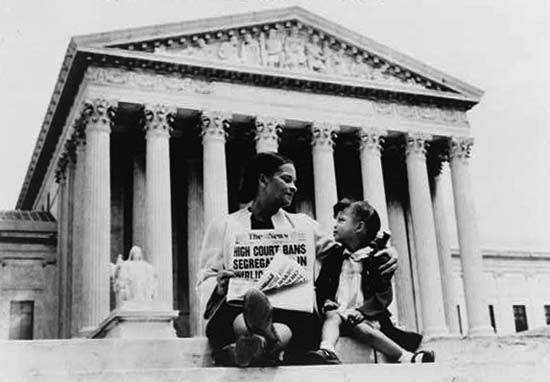
I am extremely grateful for the education I have had and how privileged I have been to have studied at the institutions I have been in. Brown vs. Board of Education was a paramount case for the course of U.S. history as it is part of the reason I can study in such a diverse environment and learn from a variety of perspectives. I believe that diversity is an important tenet in education. Knowledge is made up of two sects, rationalism and empiricism. Rationality can be taught anywhere to anyone. However, empirical knowledge is gained through experience. As our distinct identities limit us to the things we can undergo, being surrounded by a diverse array of people who have had different experiences can only further educate us.
make love not war
The counterculture movement that arose during the late 60s and 70s marks a cultural schism between the radicalism of the youth and the traditional values of the 50s. This was the first time that “the teenager” had a distinct culture apart from whatever their parents believed. A generational divide existed regarding many social and political issues such as the Vietnam War, women’s rights, sexual liberation, experimentation with drugs, and antiestablishmentarianism. The hippies and pacifism of the 60s paved the way for modern-day social liberalism that acts as a significant constituent of today’s left-leaning Democratic party. This movement made way for the American ideals of individuality, creativity, and ingenuity that I value.
playboy president
Seeing the 45th President of the United States gloss the cover of Playboy magazine I feel signifies a shift in Americans’ attitude towards its government. The role of the politician has always been one of public exposition. Because of this, many politicians resort to a life of secrecy in order to hide their human flaws and truths with the aim to project a near-perfect image of excellence for the country. This “behind closed doors” mentality has led the American people to distrust their representatives to the point that they would elect someone president who displays his vices shamelessly (i.e. one who unabashedly posed for Playboy magazine). Donald Trump represents the everyman, not by having an extravagant lifestyle, but by his extravagant lifestyle being what people strive for. To those that may not know the details of his not-so-humble beginnings, Donald Trump represents the American Dream — both virtues and vices. I think him being elected as President will forever change the role of authority in America. A milieu of professionalism in government projects sanctimony; if we have learned anything from any of the previously mentioned events and images in this project, it is that at the center of America’s national identity is pride. And after 243 years of cultivating that pride through countless revolutions, reform, and wars, our pride is begging for relatability from people with power. I take his election as a lesson for myself: people hate thinking others are better than them; in a prideful country, humility is what wins. 